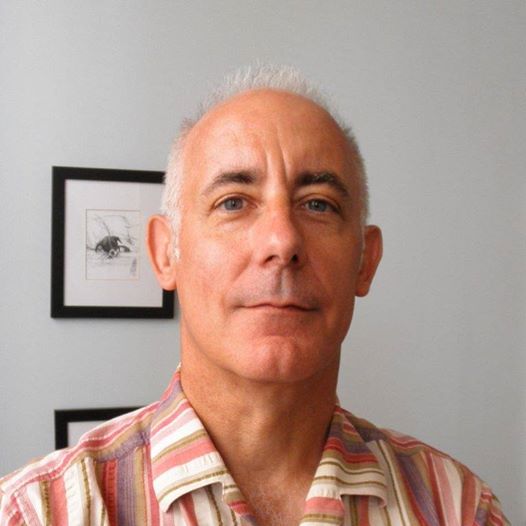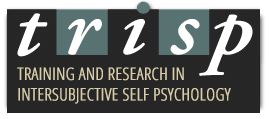This paper follows and then elaborates on Kohut’s most profound realization, that if psychoanalysis is to survive and realize its essential program it must turn from the study of Freud to the study of man. Examining Kohut’s path through Freud and then Tolpin’s groundbreaking 2002 paper, the leading edge is examined and Intersubjective Self Psychology’s role in bringing the leading edge to the foreground is underscored with clinical material demonstrating the focus on the leading edge.

Harry Paul
Harry Paul PhD was a founding member, past president, faculty and supervising and training analyst at the Training and Research Institute in Self Psychology and current founding member and faculty at The Training and Research in Intersubjective Self Psychology. He is the co editor and contributor with George Hagman and Peter Zimmermann of Intersubjective Self Psychology published by Routledge in 2019. He is the co-author of The Self Psychology of Addiction and Its Treatment: Narcissus in Wonderland, 2006, and he has authored papers on intersubjectivity and addiction. He is in private practice in New York City and in Chappaqua New York.

Gordon Powell
Gordon Powell LCSW is a psychoanalytically trained social worker in private practice in New York City. He proudly graduated from TRISP back in 1998, when it was a four-year psychoanalytic training institute. He has taught, supervised, and served as a training analyst at three institutes in New York City: TRISP, ICP (the Institute for Contemporary Psychotherapy), and PPSC (the Psychoanalytic Psychotherapy Study Center). He is the author of a chapter entitled “Intersubjective Self Psychology and Sexuality: What Matters” in TRISP’s Intersubjective Self Psychology: A Primer (2019).

 Find Us on Facebook
Find Us on Facebook